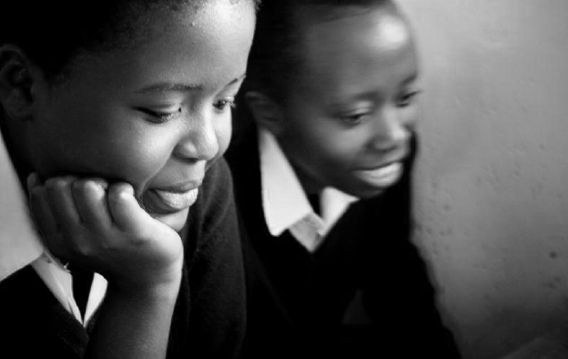Learning, a process of acquiring knowledge and values, appears to be a dynamic process; it is continuous and happens all around us. Learning also appears to be a diverse process; every individual seems to learn in different ways.
The moment learning becomes institutional, both its dynamism and its diversity can be limited. The reason for this limitation is because institutions of learning target particular people (students) in hopes of achieving particular goals (attainments). In order to meet targets, they must employ particular resources (capital), and resources are afterall scarce.
Thus, in institutional settings, learning’s continuity is shortened to the time in which individuals are enrolled in the institutions, and learning’s diversity is decreased based on enrollment selection.

However, we need institutions of learning. As human beings, we ourselves are dynamic and diverse and we cannot possibly all learn the same way. So institutions help us learn common things – regardless of our diversity – in order for us to achieve common, human goals.
Yesterday, the Tanzania Teachers Union went on strike. Whatever lead to this strike, there were students in school yesterday without any teachers to help them acquire knowledge or values.
But learning is dynamic; in itself, the strike is an experience for students. They saw that there was a conflict between their teachers and either themselves, their parents or whatever institutions lie “on top of” their schools. What do we expect a student to conclude from observing this conflict? What do we expect a student to do following this conflict?
Learning is also diverse; we can learn in many different ways. The striking teachers’ demands are based on salary increases; how does an improved salary improve a students direct or indirect learning experience? In what other ways can teachers find ways to impart knowledge and values?
Can learning be independent of institutions? “Independence” can be interpreted here as being free to learn without limitation. A few scenarios of independent learning would be:
a) A voluntary teaching force: It may consist of any number of trained or untrained teachers who would be willing to deliver their knowledge and values to any audience that is willing to experience their teaching. This could be done via sit-down aural discussions, or visual displays, or even through song, dance and demonstration.
b) A peer-to-peer network of learning communities: This may consist of small groups of any number of people, starting with at least two individuals, who would be willing to share their experience with each other. The experience could consist of anything – hard mathematical facts, or fictional anthropological stories – so long as they are exchanged.
c) A community-based media initiative: This may consist of at least one person and one medium through which they can reach any number of others, and repeat as mentioned in the first two examples. Of course, the amount of audio or visual broadcast would depend on the capability of the media being used, and the degree of “independence” of this initiative would depend on how the media is provided.
There is one underlying motive in all three example scenarios: There would need to be a willingness to learn independently. Without this motive, these three scenarios become institutional, where both teachers and students rely – depend – on structures that may or may not have the same motives.
We wish the teachers and students of Tanzania well through this difficult period and we are on the look out for ways in which to encourage an independent spirit of learning. At the same time, we thank all our partners and supporters for getting us recognized at #VADE2012, and we congratulate our fellow digital content producers. How can we all work together to strengthen the spirit of independent learning, such that young people will never have an uneventful day at school?
Related links:
- The Citizen (30/7/2012): Schools paralysed
- The Citizen (30/7/2012): State slaps an indefinate ban on weekly newspaper
- BBC Africa (30/7/2012): Sipho “Hotstix” Mabuse [60] finishes South African school
- WSJ (30/4/2012): The bilingual brain is sharper and more focused, study says
- Mikocheni Report on digital excellence


Naomba wanaojua kinachoendelea wanipe mwangaza kidogo. Hawa wadogo zetu hivi walijipanga wenyewe kwenda kwenye ofisi za Halmashauri na sehemu nyingine za mamlaka ya serikali?? Au “viranja” walipewa maelekezo na “watu wengine”?
Kuna kitu cha kujifunza hapa…